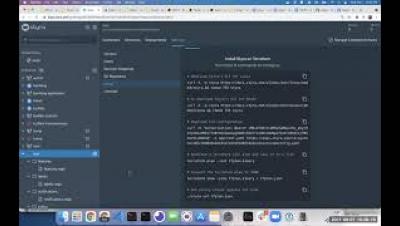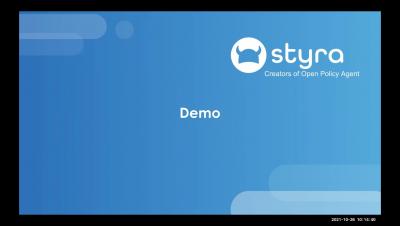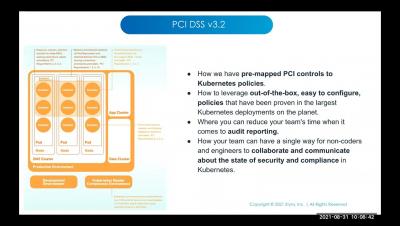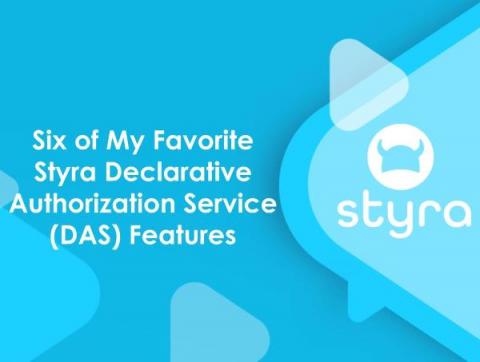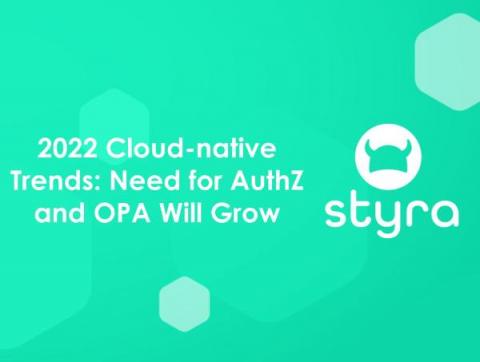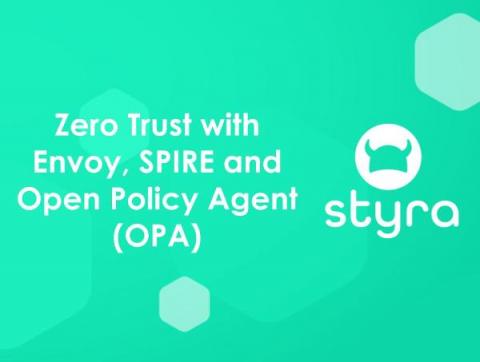Security | Threat Detection | Cyberattacks | DevSecOps | Compliance
December 2021
Securing Microservices-Based Apps with Dynamic Traffic Authz
Six of My Favorite Styra Declarative Authorization Service Features
Open Policy Agent (OPA) allows developers to accelerate time to market and focus on their differentiated work, instead of spending their time figuring out how they are going to write bespoke authorization policies. With OPA handling authorization decisions across the stack, each service, app or platform API just has to handle enforcement of OPA decisions.
2022 Cloud-native Trends: Need for AuthZ and OPA Will Grow
It’s that time of year again — full of ugly sweaters, holiday cookies and technology predictions (cloud-native style)! Last year, we predicted that we’d see continued Kubernetes adoption, focus on DevSecOps in organizations and open source dominance. This year, we sat down with our co-founder and CTO, Tim Hinrichs and our CEO Bill Mann to hear a few of their predictions for the open source and cloud-native authorization market.
Newest Log4j Security Vulnerability - CVE-2021-44228 - Log4Shell
Styra Declarative Authorization Service (DAS), both SaaS and self-hosted, as well as Open Policy Agent (OPA), are not affected by the Log4j security vulnerability. The newest Apache Log4j Java-based logging utility vulnerability (CVE-2021-44228) was disclosed to Apache by Alibaba's Cloud Security Team on November, 24 2021 by Chen Zhaojun and published on December, 9 2021.
Zero Trust with Envoy, SPIRE and Open Policy Agent (OPA)
Enterprises have traditionally relied on perimeter network security to keep attackers out and protect their organizationally unique sensitive data and resources. This approach works on the principle “verify, always trust” wherein authenticated users inside the network are trusted by default and allowed unfettered access. With the shift to cloud-native architecture, perimeter-based defenses have become obsolete and leave systems inherently vulnerable to malicious actors.


